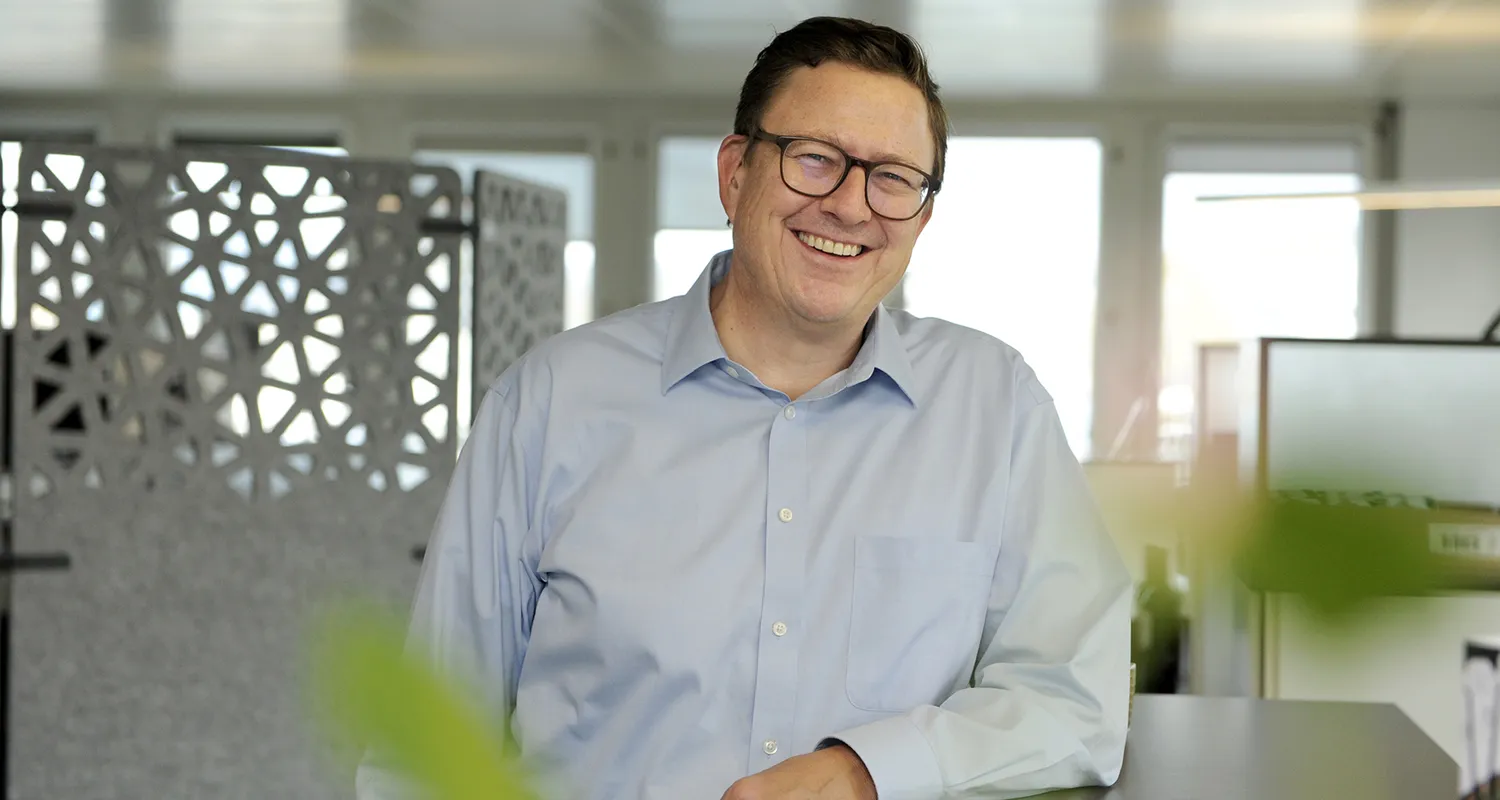Interview with Philipp Mathieu
Why were you appointed as Global Practice Leader?
Since joining Kestria, I have not only actively contributed to the development of the Industrial/Production Practice Group but also helped shape it. Through my commitment, I gained the trust of the board, and they asked me if I wanted to lead the global group. This responsible role is an exciting challenge and a great opportunity for me. I look forward to exploring new paths together with our partners.
What are your initial experiences?
I am impressed by the diversity and competence of our network: over 50 nations, more than 40 languages, and a female share of over 50% - Kestria is a unique example of lived diversity. The exchange with leading experts worldwide is inspiring. The annual global conferences, which take place on a different continent each time, not only offer the opportunity for personal exchange but are also an essential part of our joint success.
How can clients benefit?
Our clients in Switzerland gain access to a global network with locally anchored experts. Each Kestria partner is carefully selected and vetted to ensure the highest quality standards.
Thus, we not only know our local market but also have a strong network worldwide and direct access to top executive-level individuals. This unique combination of local expertise, international networking, and deep industry knowledge allows us to support companies with global activities efficiently and at the highest level in their recruitment processes - anywhere in the world.
Speaking of industry knowledge: Your Practice Group has just published the results of its annual survey on the global state of the industry and production sector, with a focus on the challenges of sustainable production. Which of the top five insights do you consider particularly relevant for the Swiss market?
Swiss companies are making progress in sustainability, especially in the areas of waste reduction, recycling, energy efficiency, and CO₂ reduction. However, the high investment required for renewable energy and sustainable materials is one of the biggest challenges. While some companies strategically use sustainability as an advantage, others are uncertain about the direct economic benefits. Corporate Social Responsibility is seen as the most important driver for sustainability measures, with ethical action and long-term improvements in reputation increasingly in focus. Renewable energies and supply chain innovations offer great potential to secure long-term competitive advantages.
Derived from this, what skills do you think are particularly important for leaders in the field of sustainability?
In my opinion, the three most important skills for leaders in the field of sustainability are a deep strategic understanding of integrating sustainable practices, a strong innovation orientation, and the ability to effectively manage change processes. First of all, leaders must be able to view sustainability as a long-term investment and understand how it can strengthen the company's competitiveness over the long term. This requires strategic thinking and the ability to link sustainable goals with overall business objectives.
Furthermore, it is crucial that leaders have innovative power - whether in the field of technology, renewable energies, or process optimization. Sustainability often goes hand in hand with the introduction of new technologies, and a leader must recognize the opportunities in this area and drive the corresponding solutions.
Finally, there is the aspect of change management. Companies transitioning to sustainable practices undergo profound changes. A leader must therefore be able to manage these changes, motivate employees, and make the necessary adjustments to the corporate culture.



